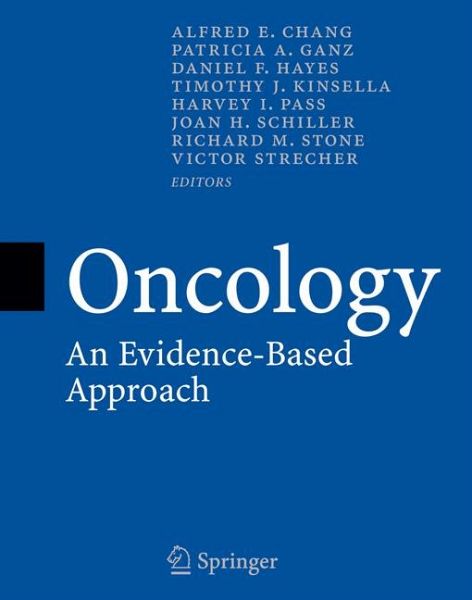
Oncology (eBook, PDF)
An Evidence-Based Approach
Redaktion: Chang, Alfred E.; Strecher, Victor; Stone, Richard M.; Schiller, Joan H.; Pass, Harvey I.; Kinsella, Timothy; Hayes, Daniel F.; Ganz, Patricia A.
Versandkostenfrei!
Sofort per Download lieferbar
160,95 €
inkl. MwSt.
Weitere Ausgaben:

PAYBACK Punkte
80 °P sammeln!
Oncology: An Evidence-Based Approachis written by experts from the fields of medical, surgical, and radiation oncology. The book incorporates an evidence-based approach and includes ground-breaking sections on the latest research and clinical applications in cancer survivorship as well as in cancer prevention and control. Other topics include solid tumors and hematologic malignancies and emerging therapies. Therapy and management of the full spectrum of neoplastic diseases in the adult are given comprehensive, evidence-based coverage. A must for every clinician and trainee in the field.
Dieser Download kann aus rechtlichen Gründen nur mit Rechnungsadresse in A, B, BG, CY, CZ, D, DK, EW, E, FIN, F, GR, HR, H, IRL, I, LT, L, LR, M, NL, PL, P, R, S, SLO, SK ausgeliefert werden.













